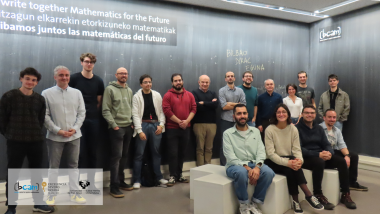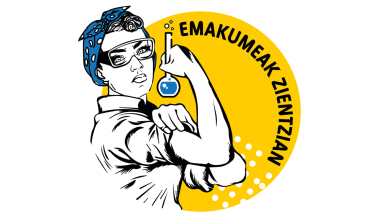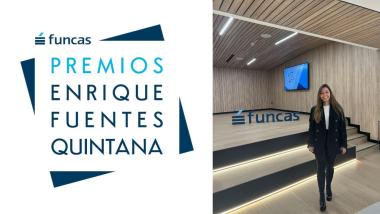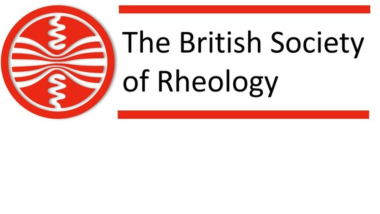Mario Martinezek bere tesia defendatuko du uztailaren 2an, asteazkena
Defentsa Donostiako UPV/EHUko Informatika Fakultateko Ada Lovelace aretoan izango da, 11:00etan.
Mario Martinez doktoretza ikaslea izan da Basque Center for Applied Mathematics (BCAM) zentroan 2021eko ekainetik, Machine Learning taldean, Dr. Iñaki Inza eta Dr. Jose A. Lozanoren zuzendaritzapean. Bere ikerketa adimen artifizialaren aurrerapenetan oinarritzen da, testuinguru klinikoetan, bereziki informazio pribilegiatua erabiliz (LUPI). Ezagutzaren destilazioa eta lan anitzeko ikaskuntza bezalako teknikak aztertzen ditu sailkapen gainbegiratuaren hobekuntzarako.
Martinezek Fisikako Gradua lortu zuen Murtziako Unibertsitatean 2019an eta Datu Zientziako Masterra Kataluniako Unibertsitate Irekian 2021ean.
Bere tesia, Ikaskuntza gainbegiratuan informazio pribilegiatua erabiltzeko aurrerapenak izenburukoa, Dr. Jose A. Lozano (BCAMeko zuzendari zientifikoa) eta Dr. Iñaki Inza (EHU) dira zuzendariak.
BCAMeko kide guztien izenean, Mariori etorkizunerako onena opa diogu, lan arloan eta pertsonalki.
Abstract
What if machine learning models could train with extra “privileged knowledge”? This dissertation explores how the Learning Using Privileged Information paradigm can significantly boost performance in supervised classification. Firstly, two logistic regression-based methods learned using privileged information are presented. Secondly, a privileged knowledge distillation approach is proposed: a teacher model (trained with both regular and privileged features) transfers knowledge to a student model using only regular features. However, the teacher model may not be entirely reliable or error-free. Therefore, the proposed distillation framework includes a mechanism to guide the student correctly. Finally, a multi-task privileged framework is introduced. Thereby, one task predicts privileged features from regular ones, and another uses regular and the predicted privileged features to perform the final prediction. Moreover, this framework is also addressed using knowledge distillation techniques. It is important to note that privileged information does not inherently guarantee improved model performance. Consequently, each chapter introduces different approaches designed to maximize the advantages of privileged information and to provide a clearer understanding of its impact on model performance. All methods are validated on various datasets, demonstrating significant improvements over current state-of-the-art techniques. The work contributes both theoretical insights and practical solutions for leveraging privileged information in real-world scenarios.
Related news
Zentroari buruz
BCAM Emakumeak Zientzian 2026 ekimenean parte hartzen du, zientziako emakumeen talentua ikusarazteko
BCAM pertsonak




